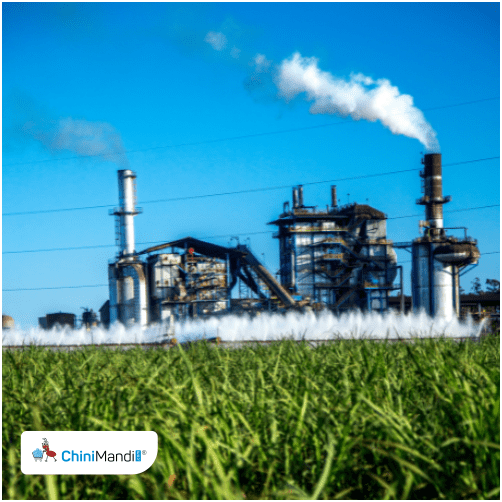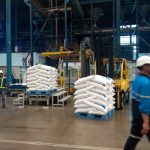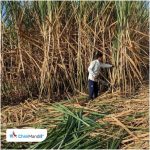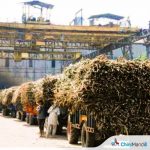Mbabane: The Eswatini sugar industry, a key part of the country’s economy, is preparing for long-term growth as it faces unstable global markets, changing trade rules, and the impact of climate change, reports Times of Eswatini.
The Eswatini Sugar Integrated Annual Report 2025 shows that the industry remains resilient, contributing 6.3 percent to the national economy, providing a quarter of export earnings, and employing more than 16,000 people.
Even with this deficit, prices remain unstable as consumers shift to low-sugar products, trade volumes shrink, and international tensions affect supply chains. The report notes that global sugar markets will continue to face uncertainty because of falling imports and exports, new weight-loss medicines reducing sugar demand, competition from sweeteners, and oil price changes affecting ethanol demand.
The African Continental Free Trade Agreement (AfCFTA) is expected to reshape trade across the region. Demand for sugar is rising in sub-Saharan Africa, driven by urban growth and expanding populations in countries such as Nigeria, Kenya and Ethiopia. But production remains uneven due to high costs, weak infrastructure, and policy hurdles.
The report points out that regional trade is expanding and imports from outside Africa are likely to decrease as more countries increase local production. For Eswatini, this presents a chance to supply new markets. However, smuggled sugar continues to distort prices and reduce profits for formal producers.
Eswatini recorded a 4 percent increase in cane output, reaching 5.36 million tonnes in 2024-25, with sugar production totaling 640,738 tonnes. But the report warns that cane and sucrose yields have been declining for years, putting pressure on farmers.
“Lower yields reduce production and profits, which could eventually push farmers to stop growing cane and turn to other crops,” the report says.
The main challenges include unpredictable rainfall, higher temperatures, rising fuel and fertiliser costs, pest outbreaks, and labour shortages, which have forced more investment in machines.
To counter these issues, the Eswatini Sugar Association is running replanting programmes with new cane varieties designed to resist climate change and increase yields. Improved cultivars from South Africa, Mauritius, Réunion and Zimbabwe are also being introduced to strengthen production.


















